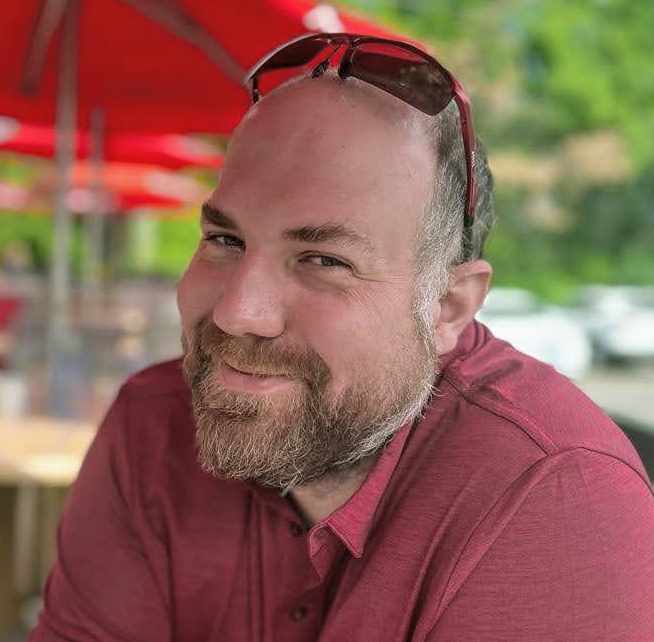I remember thinking around 16-17 how I had all the information I needed for enlightenment. And in a sense I was right, I knew all of the things about self awareness, about consciousness, about our state of minds and probably also non duality((that might of been more like 18-19)) etc etc.
I also knew that it didn’t really matter that I had all this information. Life is not about collecting information. That’s really easy, especially now a days with Wikipedia the internet, etc etc. Life is the painful process of turning that information into knowledge and turning that knowledge into wisdom.
The thing is, that process is messy. You misinterpret information, you let cognitive biases get the better of you, you let more primitive feelings from your reptilian or mammalian brain influence your decisions etc.
All the while we have this sort of narrator, the one who thinks they are calling the shots, giving reasoning and “logic” for decisions while in fact, there is no one behind the curtain. And at first that’s depressing and leads to all sorts of bad reactions, and so most of the time we go with not talking about the lack of free will, that it’s dangerous to talk about it in those ways.
Now this is the part of the post where I tell you what part of the post this is supposed to be and what it is instead. But I think I’m going to end it with a song 🙂
I make the same mistakes
Feels like I never learn
Always give way too much
For little in return
I haven’t changed a bit
I’m still not over it
I make the same mistakes
I make the same mistakes
I…
I never did grow up
Feels like I never will
My friends are all adults
I’m still a teenage girl
I haven’t changed a bit
I’m still not over it
I make the same mistakes
I make the same mistakes
I…
My friends are all a drag
They think I’m such a flake
They want to go to bed
I want to stay up late
Walking the streets alone
Thinking of you ’til dawn
I make the same mistakes
I make the same mistakes
I…



